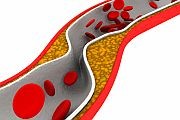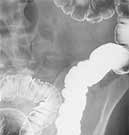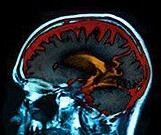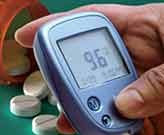Home 2015
Archives
Study IDs Surgical Never Events, Contributing Factors
Individual cognitive factors accounted for half of all contributing human factor nano-codes
Intervention Boosts Hospital Discharge Communication
Process standardization increased percentage of calls initiated within 24 hours of discharge
Review: Short vs. Long Duration Dual Antiplatelet Tx After Stent
Longer DAPT linked to reduced stent thrombosis and myocardial infarction, increased bleeding, mortality
Gastritis Linked to Metformin-Related GI Side Effects in T2DM
With metformin, mean score for gastrointestinal side effects higher for gastritis subjects over four weeks
Morbidity, Mortality Up for Patients With Delirium in ICU
Researchers recommend screening and monitoring for delirium in all critically ill patients
Model Including CRC Risk Alleles Ups Risk Discrimination
Model more accurately determines risk of colorectal cancer; defines recommended screening age
Hyperhomocysteinemia Linked to Worse Cognitive Status
Correlation with worse cognitive and functional status, dementia among elderly adults
Limited Evidence for Screening Mammography for Women in 40s
But conclusion wasn't unanimous, one expert says
Intensive Glycemic Control May Ward Off Cardiovascular Events
But study showed it's not enough to prevent related deaths
Withholding ARBs After Surgery Linked to Higher Mortality
Failure to resume ARBs linked to mortality risk, especially in younger patients














